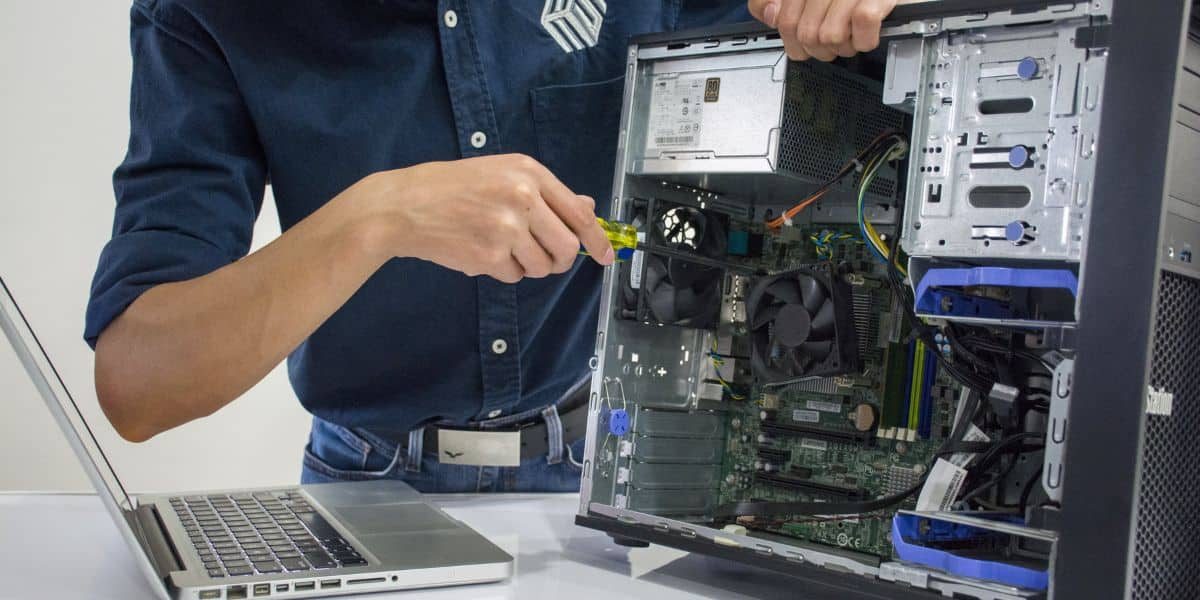
A Comprehensive Guide to Computer Repair
Computers are incredible tools that have significantly simplified our lives. However, they aren’t invulnerable; they encounter their fair share of problems. This comprehensive guide aims to provide you with essential skills to effectively troubleshoot common computer issues.
Troubleshooting Software and Operating System Issues
Software glitches and operating system errors can disrupt a computer’s functionality. Knowing how to identify and rectify these problems can save time and frustration. Techniques like reinstalling software or repairing the operating system often resolve such issues.
Addressing Hardware Problems
Hardware issues span from power failures to faulty connections. Learning how to troubleshoot these problems is crucial. Start by checking power sources, cables, and connections. If issues persist, consider delving deeper into hardware diagnostics or seeking professional assistance.


Diagnosing Computer Issues
Understanding how to diagnose problems accurately is foundational. Comprehensive diagnostics help identify both hardware and software-related issues, setting the stage for efficient troubleshooting.
Resolving Network and Connectivity Issues
Common internet connectivity problems can be addressed by troubleshooting network connections, resetting routers, or configuring settings. Basic networking concepts can prove immensely helpful in resolving these issues.
Enhancing Performance and Resolving Freezing
Computers slowing down or freezing? Optimizing performance by managing background processes, clearing cache, and ensuring adequate storage space can significantly boost system speed.
Managing Error Messages and Crashes
Error messages might seem cryptic, but understanding them is crucial. Learning how to interpret these messages and recover from system crashes can salvage data and restore system functionality.
Preventing Overheating and Fan Noise
Overheating can lead to system malfunctions. Recognizing signs of overheating and implementing strategies to improve ventilation and cooling is essential to prevent damage.
Troubleshooting Peripheral Device Issues
Peripherals like printers and scanners can encounter problems too. Troubleshooting involves checking connections, and drivers ensuring compatibility with your system.
Tips for Preventing Future Computer Problems
Regular maintenance is key. Practices like cleaning hardware, updating software, and monitoring system health are vital to prevent common issues.
Importance of Data Backup
Data loss can be devastating. Employing backup strategies using reliable tools is crucial to safeguard valuable information.
Knowing When to Seek Professional Help
At times, issues may surpass your expertise. Recognizing when to call a professional technician or repair service can prevent further damage.
Empowerment through Troubleshooting Skills
Equipping yourself with fundamental troubleshooting knowledge not only enhances your computing experience but also reduces downtime and prolongs your device’s life.
Conclusion
Mastering troubleshooting skills is vital in today’s digital landscape. With these skills, you’ll be better equipped to navigate and resolve the most common computer issues. Remember, practice makes perfect.

Add a Comment